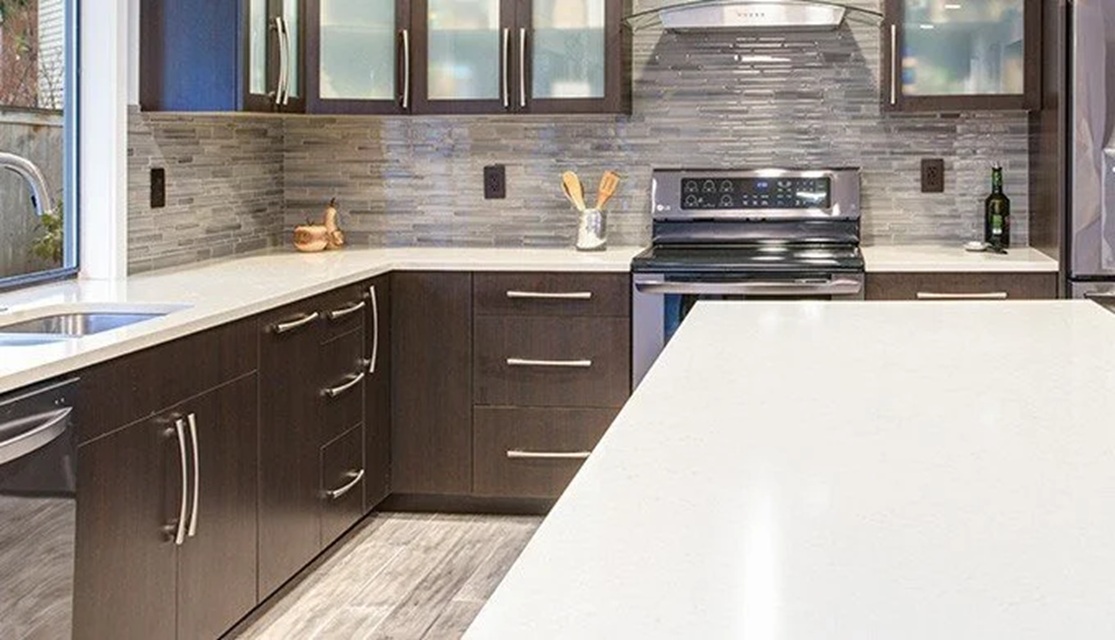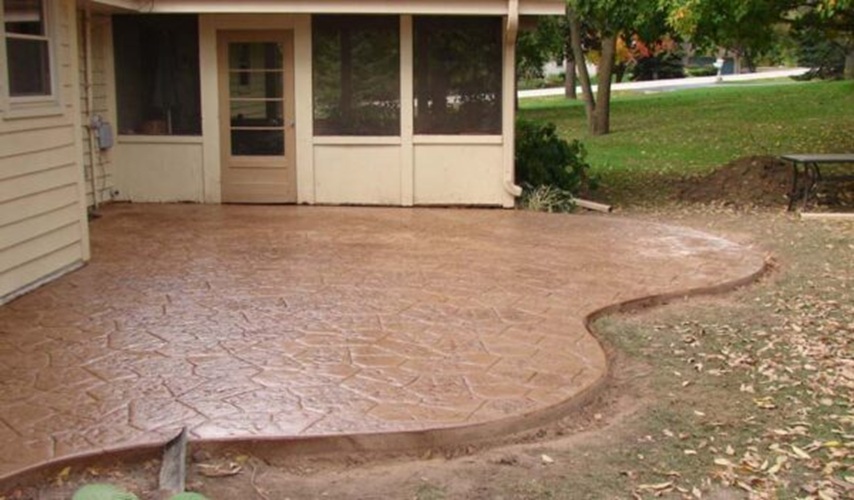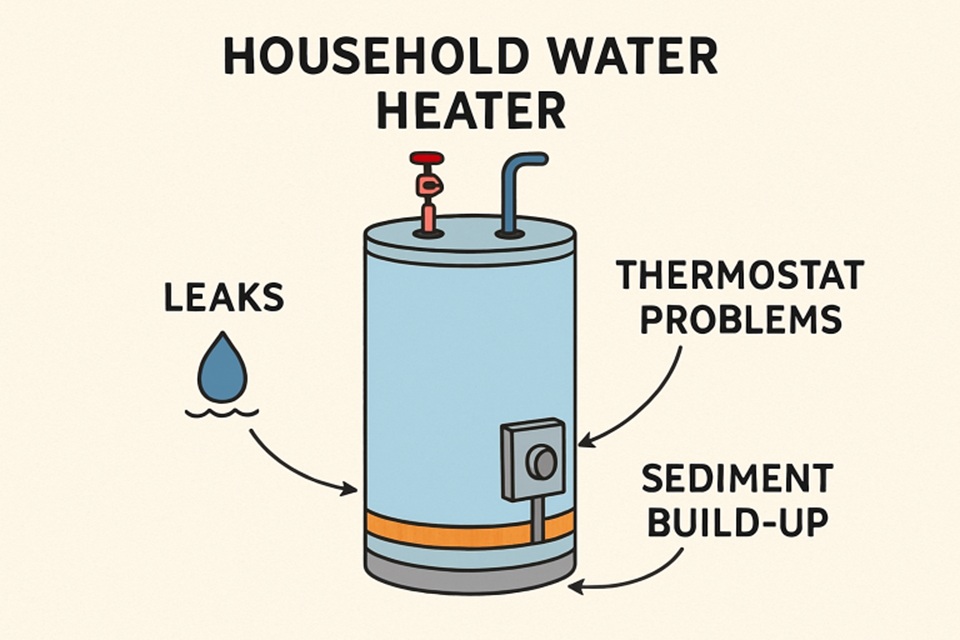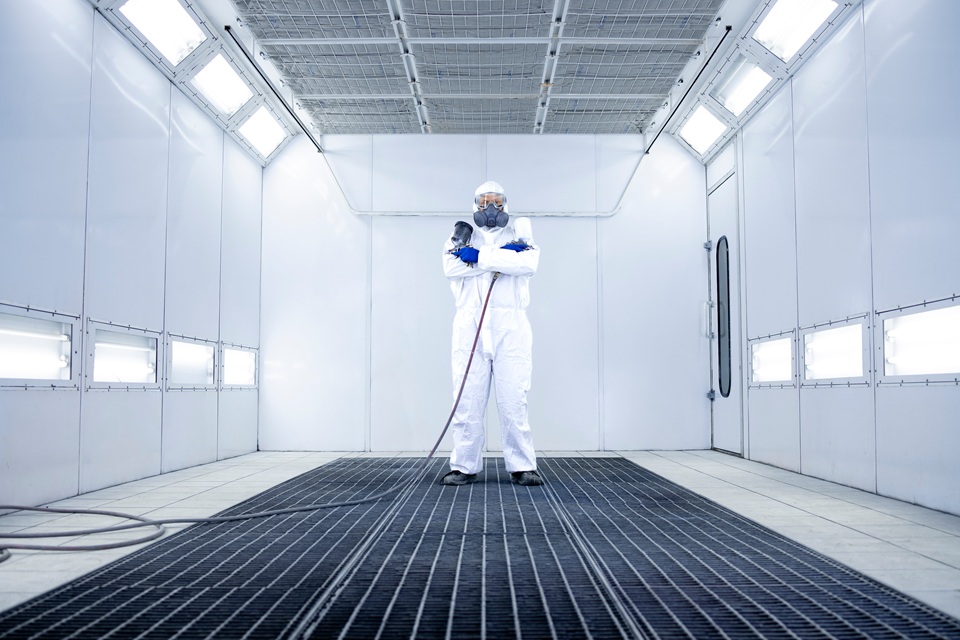Court battles over personal injury claims rarely unfold as smoothly as injured clients would hope. Each case can present twists that delay progress, alter strategies, or complicate settlement discussions. Accident and injury lawyers know to anticipate these roadblocks in order to keep cases moving forward while protecting the rights of their clients.
Delays In Gathering Medical Records That Affect Case Timelines
Medical documentation forms the backbone of any personal injury lawsuit, yet securing these records often takes longer than expected. Hospitals, clinics, and private practices sometimes respond slowly to requests, leaving attorneys waiting on essential reports that establish the nature and extent of injuries. Accident attorneys near me often build additional time into the case schedule to account for these lags, knowing that incomplete medical files can create major setbacks.
While waiting on records may appear to be a minor inconvenience, the delay can affect expert reviews, settlement discussions, and trial preparation. A personal injury lawyer near me may work directly with healthcare providers or employ legal requests to obtain information faster. For claimants in Huntsville AL, timely access to medical records helps accident and injury lawyers prepare a stronger case without last-minute surprises.
Why Conflicting Witness Accounts Complicate Liability Arguments
Witness testimony plays a central role in shaping how courts view liability. Yet accounts from those present at the accident scene often differ significantly, creating tension in the evidence. Accident and injury lawyers know that inconsistencies can weaken the narrative and allow defense counsel to exploit doubts about fault. A personal injury lawyer in Huntsville AL may address this by comparing witness statements against physical evidence such as accident reports or photographs. By identifying patterns or corroborations, attorneys minimize inconsistencies that could confuse a jury. Accident attorneys near me frequently prepare witnesses carefully before trial so that their testimony aligns with the broader case strategy.
Insurance Companies Disputing The Extent Of Claimed Damages
Insurance carriers rarely accept damages at face value. They often argue that the injuries are less severe than claimed or that recovery will occur faster than doctors predict. Accident and injury lawyers anticipate these disputes and gather comprehensive evidence to demonstrate the long-term impact of injuries.
A personal injury attorney may consult with financial experts to quantify future medical costs or lost income. Insurance companies commonly attempt to reduce compensation by challenging these projections, so having strong documentation and expert opinions allows a personal injury lawyer near me to counter their tactics effectively.
Procedural Motions That Stall Momentum In Personal Injury Lawsuits
Defense attorneys often file procedural motions designed to slow litigation. These may include requests to dismiss claims, limit evidence, or transfer the case to another jurisdiction. Accident and injury lawyers understand that such tactics can prolong the process, forcing clients to wait longer for resolution.
Responding to these motions requires precision and timeliness. A personal injury lawyer in Huntsville AL can anticipate these strategies and prepare arguments that preserve the client’s position. Though the motions may extend timelines, skilled accident attorneys near me ensure they do not derail the pursuit of justice.
How Incomplete Accident Reports Weaken Evidence Presentation
Accident reports drafted by law enforcement officers serve as primary records in many cases. However, these documents are not always thorough. Missing details such as road conditions, witness identities, or diagram accuracy can weaken an attorney’s ability to present strong evidence. Accident and injury lawyers must often supplement official reports with independent investigations. A personal injury lawyer near me may hire accident reconstruction specialists to fill in the gaps. Photographs, surveillance footage, or even cellphone records can provide additional context missing from the original report. For clients in Huntsville AL, strengthening these weak points can significantly improve how the evidence is received in court.
Establishing Long Term Medical Needs In Contested Injury Cases
Demonstrating ongoing medical needs is a complex aspect of personal injury litigation. Insurance companies often argue that treatment will be temporary or less costly than projected. Accident and injury lawyers counter this by gathering testimony from treating physicians, rehabilitation specialists, and medical planners who understand the trajectory of serious injuries.
A personal injury attorney carefully translates this technical evidence into terms a jury can understand. Long-term care needs, from physical therapy to assistive devices, must be clearly outlined. Accident attorneys near me ensure jurors and judges see the financial and physical realities tied to permanent or lasting injuries.
What Happens When Opposing Counsel Challenges Expert Testimony
Expert witnesses provide authority and credibility in personal injury trials. Yet opposing counsel often seeks to discredit them, arguing bias, lack of qualifications, or unreliable methodology. Accident and injury lawyers anticipate these challenges and prepare their experts with detailed knowledge of cross-examination tactics.
A personal injury lawyer in Huntsville AL may also bolster expert opinions with additional evidence, such as peer-reviewed studies or corroborating testimony from multiple professionals. Accident attorneys near me recognize that preserving the credibility of experts is essential to persuading judges and juries.
Difficulty In Proving Non Economic Damages Such As Pain & Suffering
Non-economic damages, including pain, suffering, and reduced quality of life, are among the hardest to quantify. Unlike medical bills or lost wages, these damages do not come with receipts or spreadsheets. Accident and injury lawyers must rely on testimony, daily impact journals, and expert opinions to illustrate the human toll of an injury.
A personal injury lawyer near me may present stories about how the injury affects work, relationships, or hobbies to personalize the damages. In Huntsville AL, jurors are often more receptive when the narrative shows how the injury disrupted normal routines. Accident attorneys near me combine evidence and storytelling to make intangible losses real and persuasive in the courtroom.














